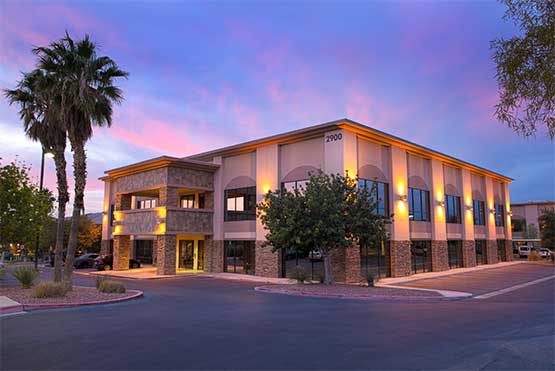Understanding the Nevada appeals process
When people are interested in filing an appeal to a judgement they believe is wrong, they should understand the appeal process.
When people receive a ruling in a court of law, it may not be set in stone. In some cases, people can take the ruling before a higher court to review the decision that was put in place by the lower court. The Supreme Court of Nevada and the Nevada Court of Appeals are there to review rulings set by lower district courts. Once reviewed, they may determine that the initial ruling was in error and may overturn it. For people who are going through the process, it is crucial to understand the appeals process in the state so they can maximize their chances of receiving a favorable outcome.
Factors to consider
When a higher court reviews a district court’s ruling, the judges will look at certain factors that may or may not have led to a wrongful ruling in the case. For example, if the case proved to have factual or legal errors made during the criminal process, it could greatly affect the ruling. If those errors had not occurred, the outcome of the case may have been different. Other factors judges may consider include the following:
· The judge presiding over the case made mistakes during the trial that were critical to the case.
· The prosecution displayed misconduct that was not.
· A regulation or law was used wrongfully.
· The evidence that was presented to the court did not prove that the defendant was guilty.
· The jury was not given proper instructions or was misled.
In some cases, the defendant’s attorney may not have been qualified to try a case. The attorney may have been so grossly ineffective to the point that it swayed the outcome of the case.
The process
There are deadlines when it comes to filing an appeal. The defendant has 30 days from the time the ruling was set in place to file an appeal. Once it is filed, the attorney will receive court transcripts to review, which he or she will use to write a brief. This document outlines the reasons why the court should consider appeal the case. The attorney on the opposing side then has an opportunity to submit a brief. The defendant’s attorney has another chance to respond to the brief, and in some cases, may be given the chance to argue the case before the judge. The court will then review and come to a decision.
Legal assistance may be helpful
If you or someone you know has been convicted of a crime, you may want to speak to an attorney about your legal rights and options. Going through the legal process can be extremely overwhelming, especially when you receive a verdict that you feel is unjust. An attorney in Nevada may be extremely helpful to your situation. A lawyer can listen to the details of the situation, answer your questions and assist you in finding the best option for your case.

